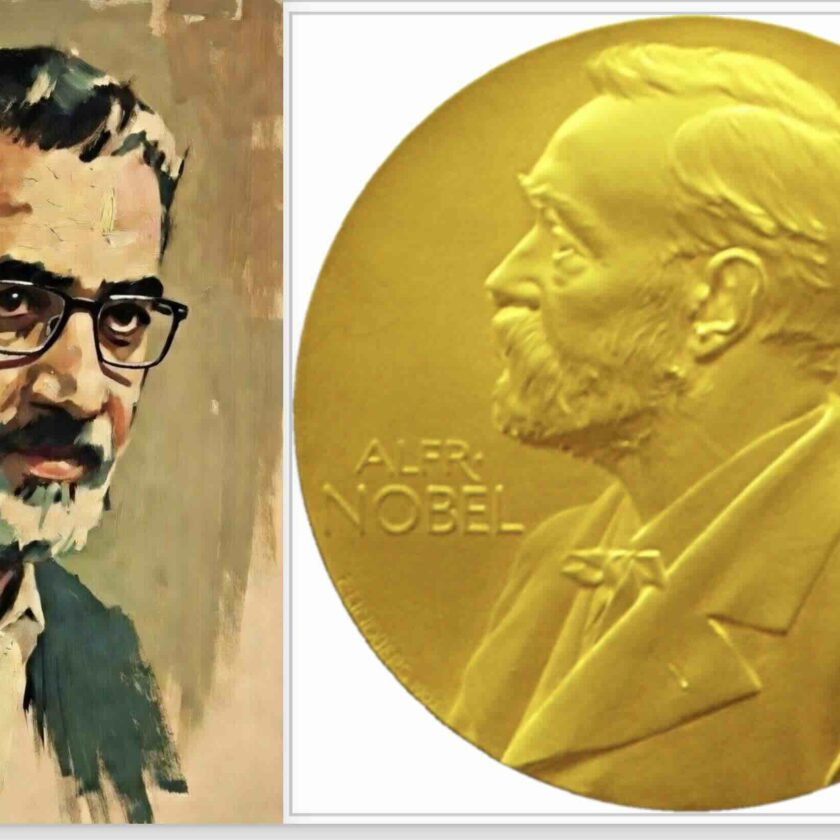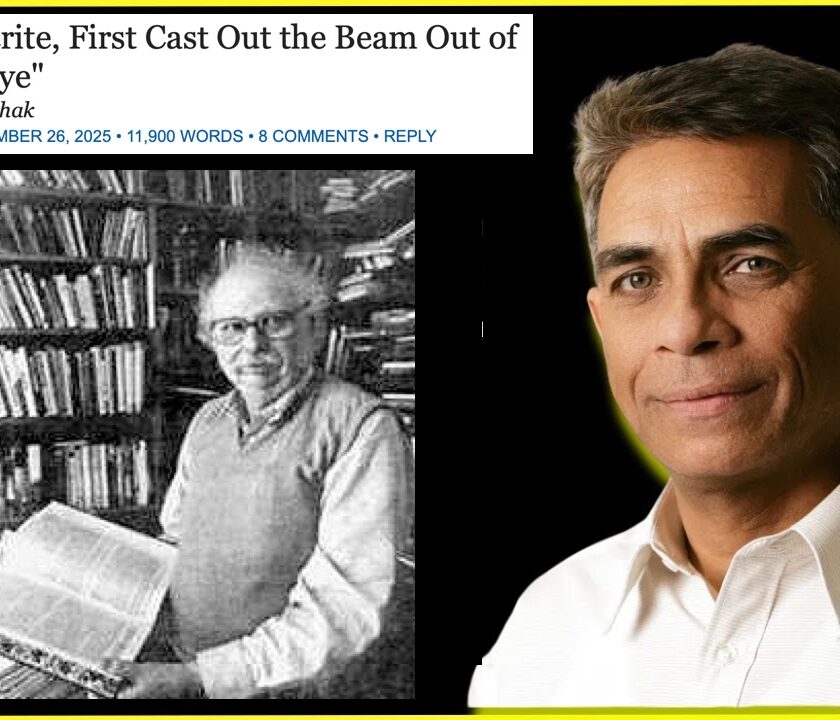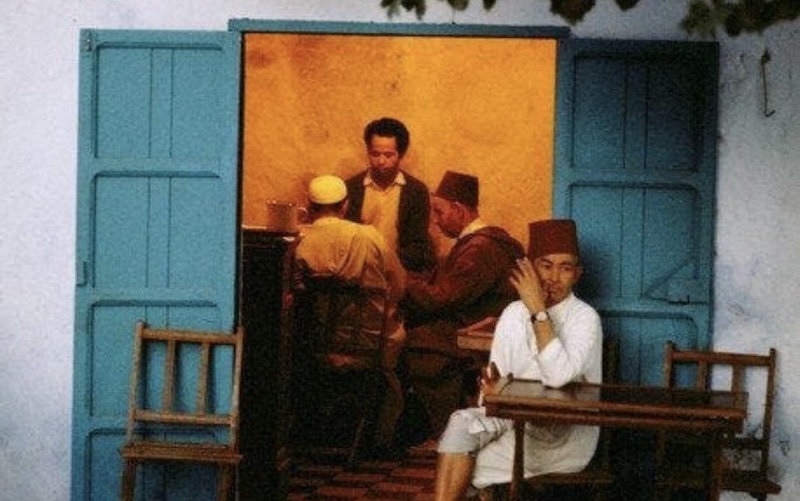It has always been my impression that French-speaking people like to be addressed in French. But soyez prudent (be careful) in Belgium.
Decades ago, when I was an American graduate student in Paris, I quickly discovered that the better my French got, the more people liked me. Many Parisians are sick of Americans who prance loudly through public places without a word of French, expecting everyone to respond to their English like servants to a master. And then there are the Americans who butcher the French language. They studied it in high school, speak it atrociously, and create more confusion than the ones who arrogantly inflict their English everywhere without a second thought.
The solution to this conundrum, of course, is to hang around Paris, suffering the slings and arrows of grumpy Parisians, until your French gets good enough that they start liking you: “Vous parlez français très bien pour un américan” (you speak French quite well for an American). And pretty soon that snide pour un amèrican thing evaporates and you’re on par with the locals and they love you because they love their language and they love that an American loves their language too.
But alas, there still exist a few people on this Earth who speak perfectly good French, but will bite your head off if you say bonjour to them. These odd people, the grumpiest grouches among the folk of Flanders (the Dutch-speaking provinces of Belgium) seem to hate the French language with a passion, despite being perfectly capable of speaking it.
One such francophobe made headlines here in Brussels a few days ago—the story was quickly picked up by The New York Times—by winning his complaint against a train attendant who had the temerity, nay the unmitigated audacity, to say bonjour to him. As the Times reported:
A train attendant’s use of both Dutch and French — “goeiemorgen” and “bonjour” — to greet passengers during rush hour last year could easily have gone unnoticed in multilingual Belgium.
But it rubbed one Dutch-speaking commuter the wrong way. He told the attendant, llyass Alba, that “bonjour” was not appropriate because they were still in Dutch-speaking Flanders.
“Excusez-moi?” Mr. Alba replied.
“You need to speak in Dutch,” the man said back to him in Dutch.
The dispute escalated. Mr. Alba explained what was going on to nearby passengers — in French. The Dutch speaker then filed a complaint to Belgium’s Permanent Commission for Linguistic Control. Five months after the initial incident, in March, the commission issued its opinion: The commuter’s complaint was “well founded.”
The human propensity to dislike other people’s languages, other people’s cultures, and other people in general often strikes me as silly, at least when it doesn’t lead to tragedy—as in Torre Pachecho, Spain, where gangs of racist hooligans have been attacking ethnic Moroccans. But it doesn’t get much sillier than filing a complaint against “bonjour.” And when the complaint is upheld…well, I guess the bureaucrats, like the complainant, have nothing better to do.
Europe’s petty ethnolinguistic quarrels may seem trivial, but some historians think they sparked world conquest. According to this theory, Europeans took over the world during the past 500 years, colonizing, dominating, and exploiting the other continents and inflicting their myriad tongues on much of the world’s population, thanks to Europe’s division into dozens of feuding principalities. Because they were constantly fighting each other, Europeans kept developing new generations of weapons. That led to an edge in military technology that enabled the global takeover ably analyzed in Alfred Crosby’s Ecological Imperialism: The Biological Expansion of Europe.
Today, Europe is undergoing a biological contraction, because people have stopped having enough children to replace themselves. As populations age, creating an inverted age pyramid in which there aren’t enough young workers to support the pensioners, policymakers have tried to forestall economic catastrophe through immigration. (That’s the official story, anyway. There is also a plausible conspiracy theory, which I’ll discuss later.) In any event, mass immigration has sparked ethnic tensions, the rise of ethno-nationalist politics, and in some cases, as in Torre Pacheco, race riots.
Many European ethnonationalists, subconsciously triggered by 9/11 and other acts of Zionist propaganda, have scapegoated the religion of Islam. They lump all non-pale-skinned immigrants as “Muslims,” despite the fact that a great many are from Christian, Hindu, or secular backgrounds.
This racist fixation on Islam makes little sense. What the ethno-nationalists don’t like about immigrants—starting with their allegedly higher crime rates—is inversely related to the immigrants’ religiosity. Put simply, the people attending the local mosque regularly are vastly less likely to be criminals than the ones who aren’t. But I guess racism doesn’t have to make sense.
The hidden grammar driving the racists’ islamophobia is the subconscious realization that Islam endures while Christianity has declined, which is the main reason why people from Muslim cultures are still having children in greater numbers than post-Christian secularists. Rather than solve their demographic problem by returning to religiosity, marrying, and having children, the racists vent their frustration by lashing out at Muslims, whose traditionally religious culture, and the procreation that accompanies it, somehow endures.
Instead of scapegoating Muslims due to unconscious jealousy, the Euronationalists should consider heeding the old adage “if you can’t beat ‘em, join ‘em.” How? Re-embrace traditional values, go back to church, stigmatize sex outside of marriage…and even consider converting to Islam and rebuilding the European Islamic community that was once “the ornament of the world” that ended with the genocide of Al-Andalus.
Recreating Euro-Islam doesn’t imply the demise of traditional European Christianity. On the contrary, Islam is in essence a reformed version of Christianity, and shares most Christian values—whereas both Christianity and Islam reject the decadent worldliness and materialism of today’s secular West. By rekindling spirituality, Islam can help open the door for Europeans to explore the great religious achievements of their Christian ancestors.
Euro-Islam?
What would a specifically European Islam look like? If Arabia tends to be rigorous and Salafist, Morocco flexible and Sufist, Malaysia practical and cosmopolitan, what flavor of Muslim community might emerge among ethnic Europeans?
As the Old Continent adopts/adapts Islam and rejuvenates itself, I suspect it will both apply what Europe possesses in abundance (practical and critical reason) and reach out for what it badly lacks and desperately needs (mystical spirituality). The hyperdevelopment of practical reason and critical skepticism in post-Christian European culture will facilitate Europeans’ return to monotheism by way of Islam rather than their ancestors’ Christianity, whose dogmatic mystifications, such as the Trinity and the claim to be the One True Faith, are incompatible with reasoned skepticism. Islam’s core claims (pure monotheism, universalism, disinterested morality and ethics, pluralism of prophets and revelations, tolerance and protection of other faith communities) are relatively resilient to corrosive reason, which is one reason why traditionalist perennialists beginning with René Guenon have so often embraced Islam.
European reasoned skepticism will likely produce flexible interpretations of Islamic doctrines, opening the doors of ijtihad (reinterpreting jurisprudence) and viewing laws and rules (nomos) in light of their spirit before adapting them to contexts that differ from that of the original community of revelation. The result will inevitably look like “liberal Islam” to more traditional scholars, but should not be confused with unfortunate attempts to revise Islam to make it more compatible with the secular philosophy of liberalism, which holds freedom, not God, as its highest value. In other words, it is entirely possible to apply Islam flexibly from within, rather than distorting it to mimic the ungodly liberalism that has dominated the West for more than a century.
Europeans’ openminded interpretive approach to Islam, the product of a high culture dominated by reasoned skepticism, will be balanced by a penchant for Sufi mysticism. We already see the Western masses’ hunger for authentic spirituality producing an efflorescence of Sufism and Sufi orders and writings in Western countries. For better or worse, mostly worse, Europeans have lost touch with their own outstanding mystical tradition, represented by such legendary figures as St. John of the Cross and Meister Eckhart, and many seem to need something that only Sufism has been able to provide. When Rumi, the mystical poet whose work has been called “the Qur’an in Persian,” climbed to the top of the American bestseller list a few decades ago, Islamic spirituality quietly and powerfully infiltrated the heart of the West, planting a seed that promises abundant harvests.
Moroccan Islam, European Islam
Though the Balkans have their their charm, the greatest expression of European Islam was al-Andalus, Islamic Spain, where scientific and technological marvels coexisted with the highest expressions of mystical theosophy, and where Christians, Jews, and Muslims coexisted fruitfully for many centuries. When the Iberian Holocaust began centuries before the fall of Granada in 1492, and culminated with the expulsion of the last remaining descendants of force-converted former Muslims around 1610, the survivors fled mainly to Morocco. Even today there are families and communities in Fez, among other Moroccan cities, that trace their ancestry to the ethnically-cleansed Muslims of al-Andalus.
Morocco, al-Maghrib, meaning “the West” (i.e. the Western end of the Arab-Islamic world) has long been a gateway between Europe and Africa, and between the cultures of the Arab world, Europe, and Islamic Africa. Multi-ethnic and multi-linguistic, Moroccan culture is marked by supple flexibility, openness to difference, and hospitable welcome of the outsider. And the prevailing Moroccan interpretation of Islam, grounded in the Maliki school of jurisprudence, is heavily influenced by a millennia-old Sufi tradition that, at its highest point, included great Andalusian figures including Ibn al-’Arabi. Morocco was in a sense part of Greater Andalus, with people and ideas flowing freely back and forth across the straits of Gibraltar, and indeed they were long part of the same political entities, the Almorovid (Murabitun) and Almohad (Muwahhidun) Empires.
Today, the most salient values of Al-Andalus, intellectual-technological progress and Sufi mysticism, have found a home in Morocco. The nation is currently undergoing a major infrastructure upgrade in preparation for co-hosting the 2030 World Cup with Spain and Portugal (an al-Andalus World Cup, if you will). Most of the action is happening in big western Moroccan cities like Rabat, Casablanca, Tangier, Fez, and Marrakesh. But even northeastern Morocco where I live, long considered relatively underdeveloped compared to the more populated west, has big plans. Berkane, long noted mainly for its citrus production, hosts a world-class AI research station. Nador, whose economy suffered when border controls with Spain tightened during COVID and never re-loosened, is slated for a desalinization project that will increase the carrying capacity of the whole northeastern Moroccan coastline, including my own town of Saidia, which—rumor has it—may soon house a new university.
Alongside the flurry of material progress, a mystical strain not only endures, but flourishes. It’s even evident in mass media. Every evening, Morocco’s biggest radio network, Medi 1, broadcasts a program entitled As-Sama’ as-Sufi (The Sounds of Sufism) interspersing selections from the great Sufi writers with mystical music from all corners of the Islamic world.
Friday sermons in Morocco’s mosques also frequently cite the great mystics of Islam, to an extent unheard of in most of the Islamic world, including the USA, where money from the oil emirates of the Persian Gulf has promoted salafist or wahhabist interpretations that tend to take a dim view of Sufism. Since 2002 the Ministry of Religious Affairs has been directed by Ahmed Taufiq, a notable historian with a interest in the history of Moroccan Sufism. It’s widely understood that post-9/11 the Moroccan government chose to promote the country’s Sufi roots as a way of distinguishing Moroccan Islam from the Salafi-Wahhabi interpretations that had supposedly inspired the alleged 9/11 hijackers. Frankly, I think it was a good move, even if its rationale was based on “the most perverse publicity stunt in the history of public relations.”
Will Moroccans bring Islam back to Iberia, and beyond the Pyrenées, via the ongoing peaceful “invasion” of immigrants, carrying with them Sufi-Andalusian values? Perhaps. But many immigrants hail from the poorest and least-educated segments of Moroccan society. They come to Spain to pick fruit and vegetables for low wages, and their children threaten to form a “lost generation” that is neither Spanish nor Moroccan, nor well-educated in religion or anything else. These young neither-nors would be far better off if they had religious guidance, religious education, and a community around them steeped in traditional religious values. But tell the Spaniards who complain about these young immigrants “help them build mosques, help them establish a more religious community” and the Spaniards will respond with islamophobic paranoia. Today’s decadent Europeans seem incapable of understanding that secular hedonism just doesn’t work for everybody. (In the long run, it won’t work for anybody.)
It isn’t just Western chauvinists, like the Torre Pacheco rioters, who are the problem. The European left has mindlessly promoted what some call “weaponized immigration” i.e. “the great replacement” seemingly without understanding the chaos that would result. The theory that weaponized immigration was unleashed by a globalist bankster oligarchy with the intention destroying families, communities, religions, ethnicities, and nations—groups that can push back against the power of money—is not farfetched. So when the left promotes heavy immigration but joins the right in resisting pro-religion initiatives, it is doing the work of its ostensible enemies, the billionaire oligarchs who are consolidating global power by nefarious means, and who collectively constitute the spirit of Antichrist.
Against the oligarchs and their pseudo-leftist useful idiots, we must find ways to unite in principled resistance. Narratives that hold out the possibility of something better are the key to motivating people in constructive action; whereas narratives that call for mass bloodshed, destruction and tragedy are less helpful. Ethnonationalist calls for the expulsion of nonwhite and/or Muslim people from Europe and/or the USA in a new “al-Andalus genocide” are foolish, both because their aggressive negativity makes them inherently unpopular among everyone except a minuscule fringe of young testosterone-addled skinheads, and because even if they succeeded, which they won’t, they would merely result in horror, chaos, and bloodshed.
Instead of calling for ethnic strife and genocide, why not start rebuilding a sustainable world capable of reproducing itself and its best values? Why not embrace religion, and religious pluralism, so that everyone will grow up with maps of spirituality and transcendence that have withstood the test of time? Why not work for a world in which everyone understands that, as the Qur’an says, God created our differences, starting with ethnicity and religion, so that we could get to know one another? In short…rather than vainly demanding a second genocide of al-Andalus, why not rebuild an even better al-Andalus?






